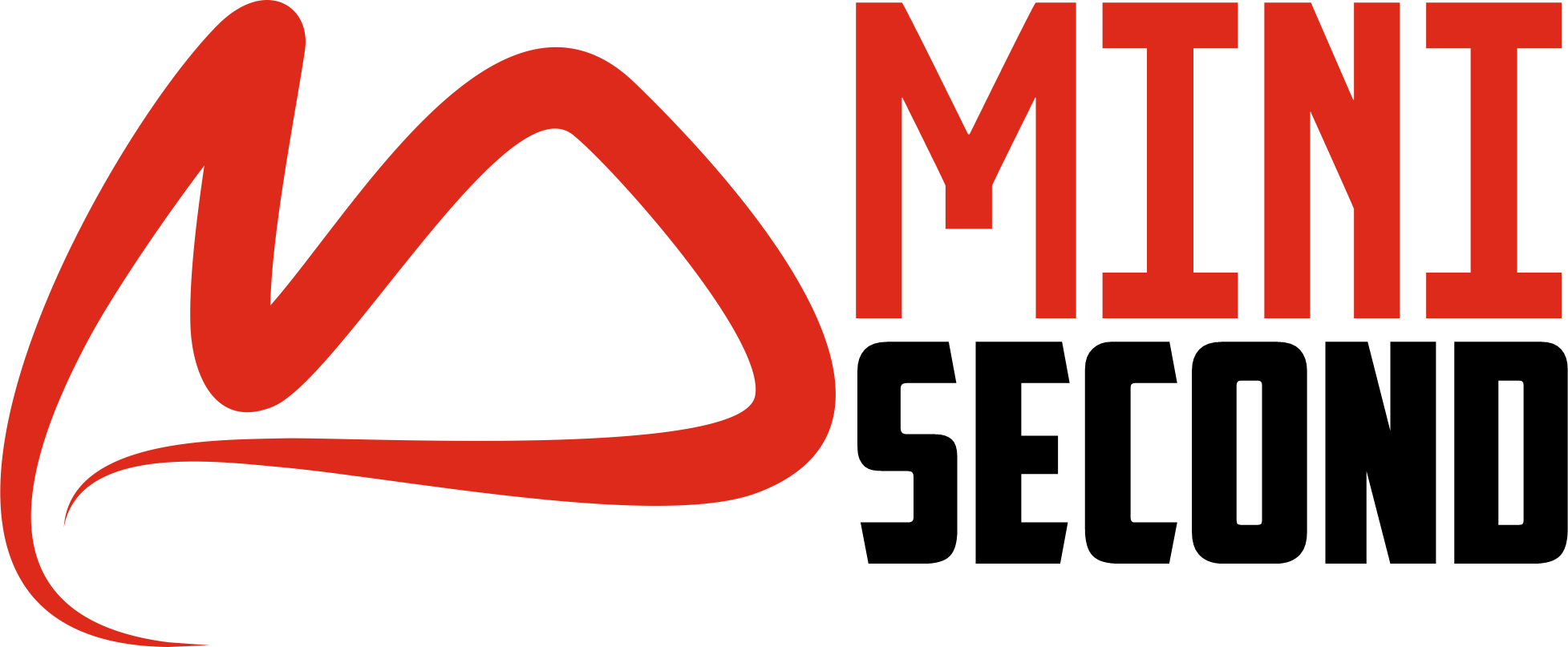Ending a marketing essay can be challenging. You’ve presented your facts, made your arguments, and now you need to bring it all together in a compelling conclusion. A strong conclusion leaves the reader with a lasting impression and clearly sums up the main points of your essay. Concluding a marketing essay entails summarizing key arguments, providing recommendations, and reinforcing the thesis statement; the option to do my essay may be considered to ensure a cohesive and impactful conclusion aligned with academic standards. Here are some tips for writing an effective conclusion for your marketing essay.
Summarize Key Points
The conclusion should remind readers of the key points you made throughout the essay. Briefly summarize the main arguments from each body paragraph. Don’t simply restate the entire essay; instead, highlight the overarching ideas. This helps reinforce the central thesis and reminds readers what your essay was about.
For example: “In this essay, we explored three marketing strategies that can help companies improve brand awareness: social media engagement, influencer collaborations, and experiential events. As discussed, each strategy allows brands to connect with consumers in an authentic, memorable way.”
Synthesize, Don’t Repeat
Don’t just repeat things you already said in the essay. Show readers how the points fit together to support your thesis. Synthesize by making connections between ideas and drawing overall conclusions. This demonstrates the significance of your analysis.
For additional support and expertise, consulting top essay writing services may guide in crafting an impactful ending adhering to academic conventions. For example: “The case studies of XYZ Company and 123 Enterprises demonstrated how social media, influencers, and events can complement each other as an integrated marketing strategy. By combining these approaches, brands can achieve greater consumer awareness and engagement.”
Restate Thesis
Briefly restate your thesis statement using different words. Remind readers of your central position and its significance. This helps reinforce the purpose of your essay and wrap up your discussion.
For example: “As shown through the analysis provided, implementing a strategic combination of social media engagement, influencer partnerships, and experiential marketing enables brands to breakthrough clutter and resonate with today’s consumers.”
Address Significance
Explain why your essay and its ideas matter. Discuss the broader implications of your thesis and how your analysis contributes to the field of marketing. This gives a sense of resolution and helps underline the importance of the topic.
For example: “This examination of innovative brand awareness strategies provides key insights for marketing practitioners looking to expand reach. The evidence clearly demonstrates how companies can leverage social media, influencers, and events to successfully promote their brands in the modern digital era.”
Suggest Additional Research
Propose areas for further study related to the topic. Outline questions that still need to be explored or issues that exceed the essay’s scope. Not only does this show you’ve critically examined the topic, it invites readers to continue the conversation.
For example: “More research is needed to establish best practices for brands selecting and collaborating with influencers. Additionally, further investigation could compare the impact of different social media platforms and experiential event types.”
Conclusion Techniques
Beyond summarizing content, there are specific techniques you can use to make your marketing essay conclusion engaging and impactful:
Call to Action
Encourage readers to do something related to the ideas you presented. This adds a sense of purpose and inspires action beyond the essay. The call to action should connect clearly to your thesis.
For example: “Based on the evidence, marketing teams should shift more budget towards leveraging influencers, interactive social content, and immersive branded events to maximize consumer engagement.”
Prediction
Speculate about future trends related to your topic. Position yourself as an expert by forecasting where things are headed based on the insights from your analysis. This technique works especially well for technology or industry-focused essays.
For example: “Looking ahead, virtual reality and augmented reality will soon offer new experiential marketing opportunities for brands. As these technologies evolve, they will enable even more immersive and shareable branded events.”
Reflection
Offer a perspective on the bigger picture implications of your thesis or briefly reflect on what you learned. This adds a layer of intellectual engagement and lets you express thoughts inspired, but not directly covered, by the essay.
For example: “Consumer engagement with brands has changed radically in just the past decade. But human psychology remains the same. Although outreach strategies must adapt to new technologies, they must still establish meaningful emotional connections.”
Recommendation
Advise the reader on the best course of action based on the evidence presented. This positions you as an expert and thought leader. It also empowers readers to apply your insights.
For example: “Given the clear benefits of increasing brand awareness through social media, influencer, and experiential campaigns, companies should shift at least 20% of their marketing budget to focus on these high-impact channels.”
Final Thoughts
Your essay conclusion should begin pulling the pieces together from the start. Opening with a summary of key points quickly orients readers to your discussion’s core ideas and meaningful takeaways. Dedicate the rest of the conclusion to high-level synthesis and analysis that unifies your complex ideas and examines their broader implications. Leave readers with a renewed sense of your thesis’ significance. Aim to inspire ongoing reflection or future action by proposing unresolved questions or forecasting what comes next. With these tips, you can end your marketing essay with a powerful, resonant close.

